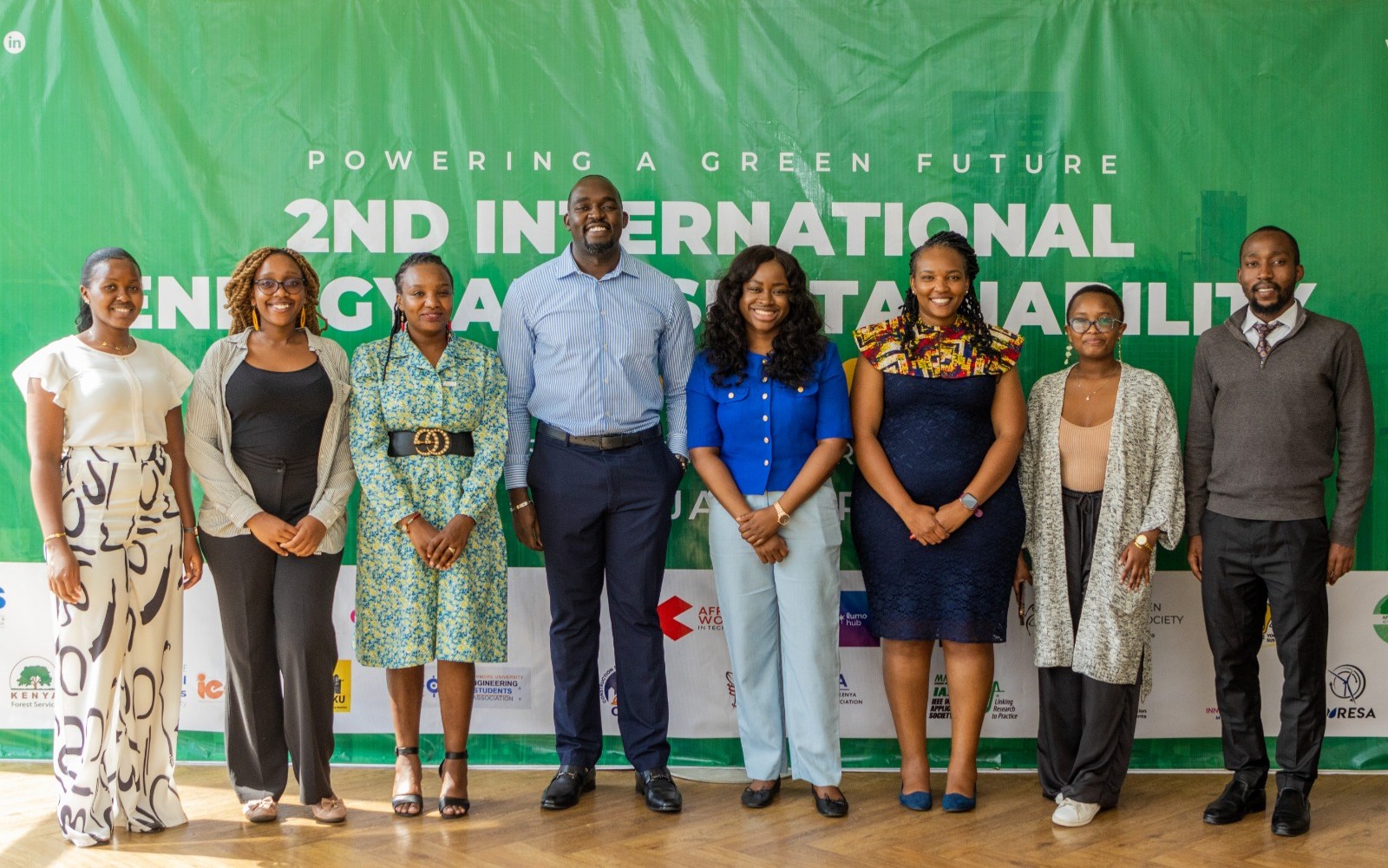As the world continues to find new ways of combating the climate crisis, the production and utilization of clean energy is one of the most viable solutions. Hydrogen has been identified as a promising alternative to fossil fuels due to its high energy per unit mass and the clean water it produces as a byproduct. A notable example is hydrogen’s use as a fuel source and water supply that sustained astronauts in the Apollo mission to space.
Green hydrogen, produced through the electrolysis of water using renewable energy, offers a carbon-neutral alternative to fossil fuels. Utilizing wind and solar energy for hydrogen production can lead to the decarbonization of numerous sectors such as power, transportation, and industrial processes, including steel and cement manufacturing.
The European Investment Bank estimates that Africa could have a green hydrogen production capacity exceeding 50 million tonnes per annum by 2035. The continent boasts some of the world’s greatest solar and wind potential, much of which remains untapped. The International Energy Agency estimates that Africa has 60 percent of the world’s best solar resources, but only accounts for 1 percent of global solar generation capacity. However, advancements in production are currently hindered by the high cost of production, limited advancements in hydrogen separation technologies, coupled with challenges in storage and transportation. Hydrogen’s low volumetric density means it occupies a large volume relative to the energy it contains, driving up transportation costs.
Quantum computing – a rapidly growing field, possesses extraordinary capabilities to solve complex problems beyond the reach of conventional computers. By tackling complex simulations and optimising the electrolysis process used for green hydrogen production, quantum computing can lead to the development of optimal techniques, resulting in cost-effective production and transportation.
Both fields are able to explore quantum capabilities through the manipulation of atoms – allowing them to solve complex world problems. Hydrogen synthesis and quantum computing share a symbiotic relationship. Hydrogen energy has the potential to power quantum computers, further advancing both technologies. Progress has been made in the development of quantum computers, with scientists coming closer to stabilising qubits that can maintain the quantum state needed for reliable calculations. This progress brings us closer to the widespread production and utilisation of green hydrogen.
The potential benefits for Africa are immense. Green hydrogen production can provide clean water as a byproduct, addressing water scarcity in various regions. Africa’s strategic location, with proximity to Asia and Europe, makes the production and transportation of green hydrogen highly lucrative. This could lead to an economic shift, with increased trade and the creation of green jobs, while providing lasting environmental benefits.
However, challenges exist that impede the realisation of this potential. The availability of the infrastructure to produce and export hydrogen is a significant hurdle. While some countries have more advanced infrastructure, others will require comprehensive investment and development plans. Critically, assessing their current standpoints and unique gaps is an essential first step. This might involve investing in wind and solar plants to provide the energy needed for hydrogen synthesis. Additionally, securing trade agreements, hardware supplies, skills development, and end-to-end project scoping are among the steps that each African nation can leverage.
Countries stand to benefit from these investments, not only through the export of hydrogen but also through the production of more semi-finished and downstream products such as green steel or green cement. The African youth, in particular, can take advantage of green hydrogen through learning to provide solutions to green hydrogen production. With the rise of green jobs pegged on clean energy development, the continent must be ready to circumvent the need for import skills from other continents and reap timely benefits.
Quantum computing and hydrogen energy are converging to create a more sustainable and innovative world. By embracing these technologies, we can address global challenges, reduce reliance on fossil fuels, and pave the way for a greener and more energy-efficient future.






